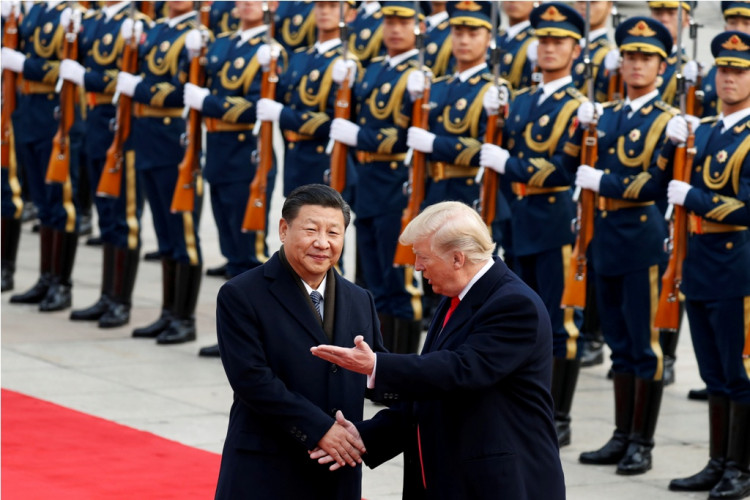The Chinese government released an official white paper on detailing its side on the trade deal fallout with the White House. In the 5,000-word document, Beijing hinted that while it is willing to resume negotiations, it will no longer initiate trade talks.
According to the South China Morning Post, Beijing's white paper said the White House was to blame for stalled negotiations. The Chinese government said U.S. President Donald Trump's administration "should bear the sole and entire responsibility" for the fallout.
The document also suggested that China never "backtracked" on the agreements stated on the deal - as initially alleged by the White House. Instead, Beijing pointed out that making adjustments are not new in politics as negotiations were ongoing.
The Chinese government further revealed that Trump's administration actually did the same thing. However, the white paper said the White House demanded more as they were given new offers from their Chinese counterparts.
Analysts pointed out that due to the escalated trade war that first heated up after Trump gave the green light for additional tariffs on Chinese goods, a trade deal between the world's largest economies may be farther than it already was before negotiations started.
A Bloomberg report noted that the Chinese government aired its own demands under the trade dispute through the document. Beijing said the White House should lift all additional tariffs and the U.S. government's demands on Chinese purchases should be "realistic."
It is worth noting that Beijing's white paper was released over a week after the Trump administration blacklisted Huawei from joint ventures with American firms. At that time, analysts predicted that the blacklisting would further escalate trade tensions between the two countries.
China's Vice Commerce Minister Wang Shouwen said on Sunday night that the U.S. kept adding demands and requests from China throughout the course of the trade talks. Wang was quoted to have said that "when you give them an inch, they want a yard," referring to U.S. demands on purchases of American products.
It was previously expected that Trump will meet with Chinese President Xi Jinping during the G20 conference by the end of this month. However, the recent development in the China-U.S. trade row suggests otherwise.
Wang was asked during Sunday's media briefing if Xi will attend the G20 conference in Japan. However, Wang refused to comment and only said representatives will appear at the international meetings.
Xinhua reported last week that Beijing will investigate FedEx after the some Huawei packages meant for delivery to the Chinese tech giant's Asia addresses were diverted to the U.S.
Furthermore, the Commerce Ministry of China is expected to release a list of "unreliable entities" in the U.S. Trump has yet to officially comment on the issues as he is scheduled for a state visit in the U.K.






